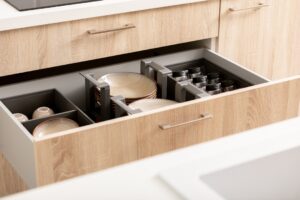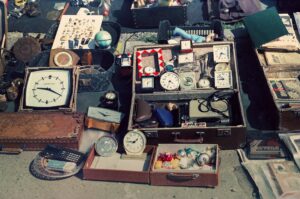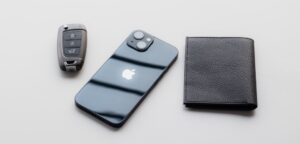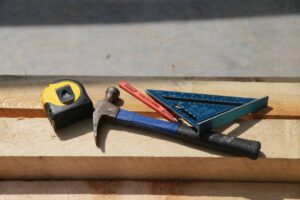Ever feel like your money just vanishes before your very eyes? Yeah, I’ve definitely been there. It’s frustrating when you’re trying your best but your bank account doesn’t seem to notice. For a long time, I struggled with my finances, especially when I was also battling unhealthy habits like binge eating. Those impulsive choices didn't just hurt my health; they drained my wallet.
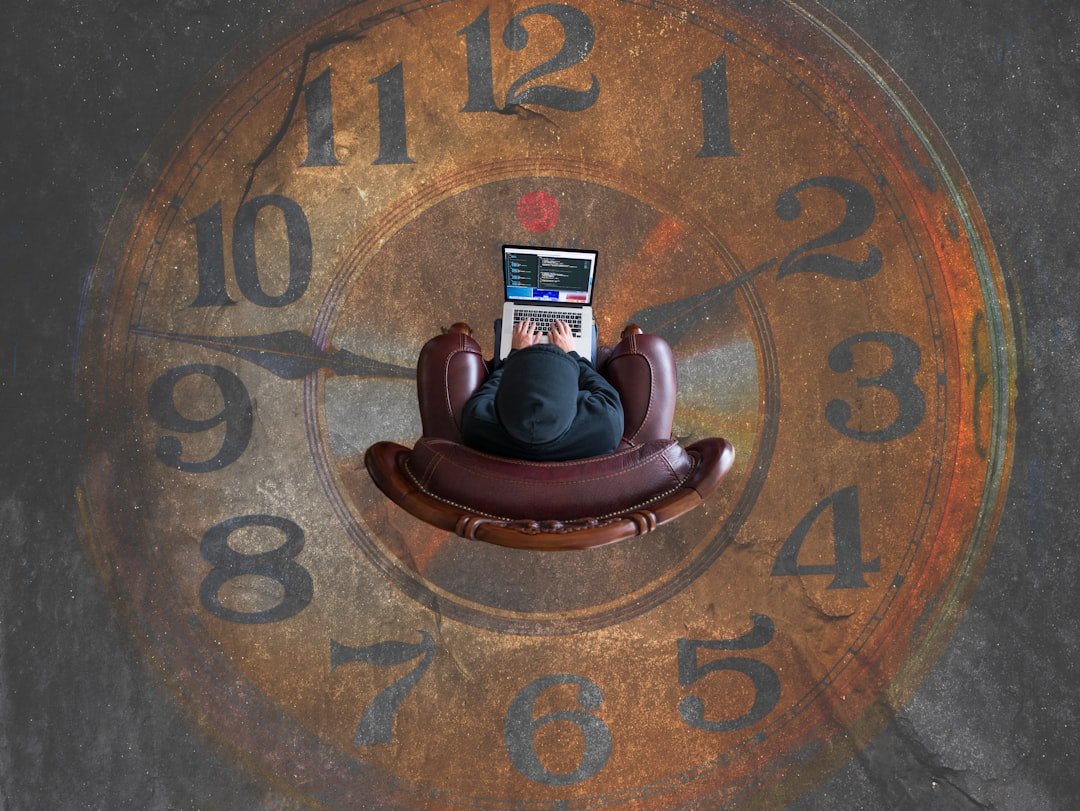
But learning to manage my money, just like learning to manage my health, started with small, intentional steps. It’s not about becoming a total Scrooge. It's about finding smart ways to keep more of your hard-earned cash so you can use it for what truly matters. It’s about making your money work for you.
Alright, friend, let's dive into some practical ways to keep more money in your pocket. These aren't about deprivation but smart choices. Here are 17 hacks that have made a real difference for me:
Get a Grip on Your Spending
- Track Every Penny: For a week, or even a month, just write down everything you spend. Use a notebook or a simple app. You might be shocked where your cash actually goes. This isn't to judge yourself. It's just to get a clear picture.
- Craft a Simple Budget: Don’t make it scary or complicated. List your income. List your essential outgoings like rent, utilities, and debt payments. See what’s left and decide purposefully how to use it. This is about giving your money a job.
Master Your Meal Costs
- Meal Prep Like a Pro: Planning your meals for the week and cooking in batches is huge. This saved me from so many last-minute expensive takeout orders which were a big drain when I was working on my health and budget.
- Be Your Own Barista: That daily coffee shop habit? It adds up faster than you think. Brew your coffee or tea at home. The savings over a month or year are significant.
- Pack That Lunch: Seriously, buying lunch out every day is a major money drain for many. Packing leftovers or a simple sandwich and snacks takes a few minutes but saves a lot.
- Embrace Store Brands: You'd be surprised how often generic or store brands are just as good as the name brands but cost much less. Give them a try on a few items and see.
- Water is Your Best (and Cheapest) Drink: Cut back on sugary sodas, juices, and fancy drinks. Drink more water. Your body and your wallet will thank you.
Cut Sneaky Overspending
- Subscription Snoop: Go through your bank statements with a fine-tooth comb. Are you paying for streaming services, apps, or memberships you barely use? Cancel them. It’s found money.
- The 24-Hour Cool-Down: Eyeing something you want but don’t strictly need? Give it 24 hours. Often, that strong urge to buy fades. This trick really helped me curb the impulsive spending habits I’d developed.
- Unplug the Phantoms: Lots of electronics sip power even when they're "off." Think TVs, game consoles, chargers. Unplug them when not in use. Every little bit helps.
Live Large on a Little
- DIY Whenever You Can: From simple cleaning solutions (vinegar and water work wonders) to basic home repairs or mending clothes, learning to do it yourself can save a bundle. There are tutorials for almost anything online.
- The Library & Friends are Your Resources: Before you buy that book, movie, or special tool for a one-off job, check your local library or ask a friend if you can borrow. Sharing economies are powerful.
- Tune Your Home's Energy Use: A degree or two cooler on the thermostat in winter (hello, cozy sweater) or warmer in summer (fans are great) can make a noticeable difference on your energy bills.
- Discover Free Fun: Your community is likely full of free entertainment. Explore local parks, go for hikes, check out library events, or have a game night with friends at home. Good times don't need a big price tag.
Make Saving Stick
- Shop Sales Smartly (and Use Coupons Wisely): Plan bigger purchases around sales events. Use coupons but only for things you genuinely need and would buy anyway. Don’t let a sale tempt you into overspending.
- Challenge Yourself to a "No-Spend" Period: Pick a day, a weekend, or if you're brave, a whole week. Commit to not spending any money on non-essential items. It’s a great way to reset your habits and see where your default spending lies.
- Automate Your Savings: This is a game-changer. Set up an automatic transfer from your checking account to your savings account each payday, even if it’s a small amount. Treat it like any other bill. Out of sight, out of mind, and it grows.
Look, getting a handle on your money isn't about deprivation. It’s about empowerment. It’s about making conscious choices so your money works for you, not the other way around. When I was on my journey to lose over 110 pounds, I learned that big changes come from small, consistent steps. It wasn’t about a drastic diet overnight. It was about one good meal, then another; one walk, then another. The same principle applies to your finances. Each small saving, each mindful spending decision, builds up.
So, what’s one small step you can take today? Maybe it’s brewing your coffee at home tomorrow morning or finding one unused subscription to cancel right now. Pick one thing from this list and try it. You’ve got this!
